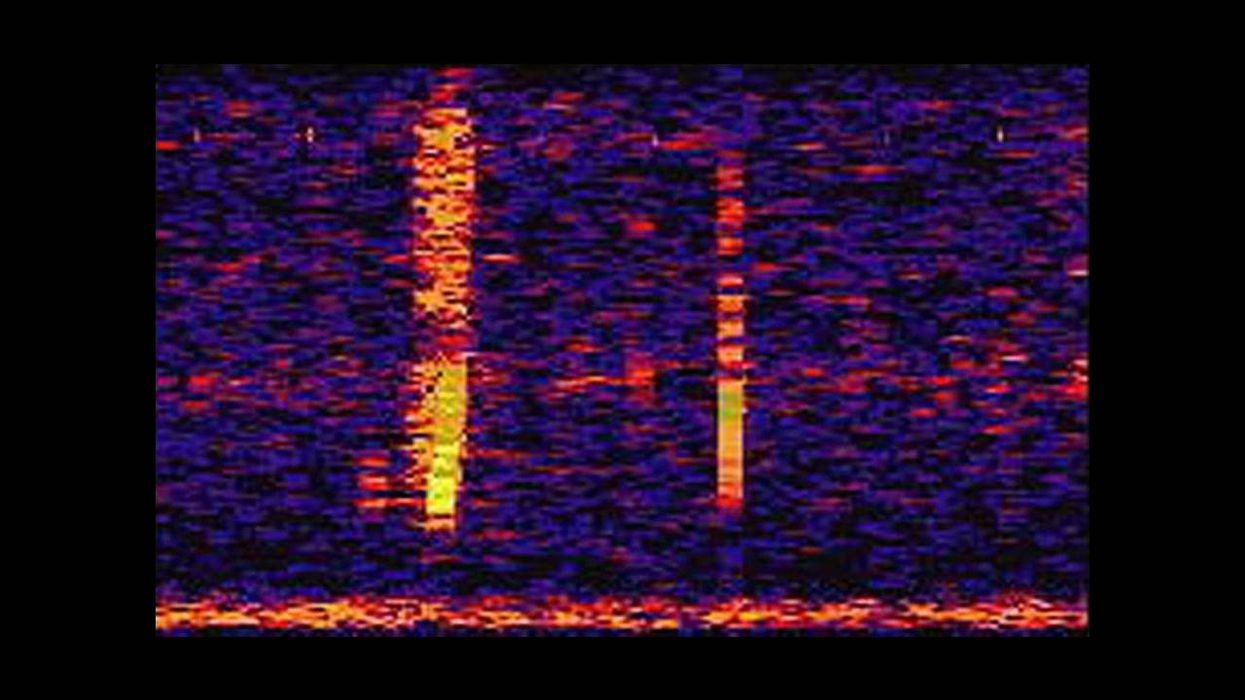Science & Tech
Ellie Abraham
Mar 14, 2024
The Bloop: A Mysterious Sound from the Deep Ocean | NOAA SOSUS
The loudest underwater sound ever recorded was heard in Earth’s most remote location and it left experts baffled.
Our vast world is almost constantly throwing up mysteries that can leave experts scratching their heads, like when the remains of 10-foot-tall people were discovered in a Nevada cave and when a glittering golden egg was found at the bottom of the sea.
The loudest sound to ever be recorded underwater originated in Point Nemo in the Southern Pacific Ocean, which is thought to be the most remote place on Earth.
It is 2,689 kilometres (1,671 miles) away from the nearest land, meaning that when the International Space Station flies over, the astronauts onboard are the closest human beings to sailors in the area, at 400 kilometres (250 miles) above them.
Given its remote location, and with few ships passing through the area, it has become a dumping ground for old spacecraft and satellites.
In 1997, the U.S. National Oceanic and Atmospheric Administration (NOAA) recorded an ultra-low frequency sound coming from Point Nemo that perplexed them.
The powerful sound was picked up by hydrophones placed across the Pacific Ocean, some up to 4,800 kilometres (3,000 miles) away. It remains among the loudest ever sounds recorded underwater.
It became nicknamed the “bloop” and experts theorised about what could have produced it.
One theory put forward by NOAA Oceanographer Chris Fox was that it was produced by a marine animal.
Speaking to CNN, he explained: “There are a lot of things making noise down there. Whales, dolphins and fish, the rumblings of the Earth.”
However, the volume of the noise was so extreme that others believed it had to be something else.
Another hypothesis Fox put forward turned out to be the correct one. He added: “I think it may be related to ice calving. It always comes from the south. We're suspecting that it's ice off the coast of Antarctica, in which case it's darn loud.”
Sign up for our free indy100 weekly newsletter
How to join the indy100's free WhatsApp channel
Have your say in our news democracy. Click the upvote icon at the top of the page to help raise this article through the indy100 ranking
Top 100
The Conversation (0)














